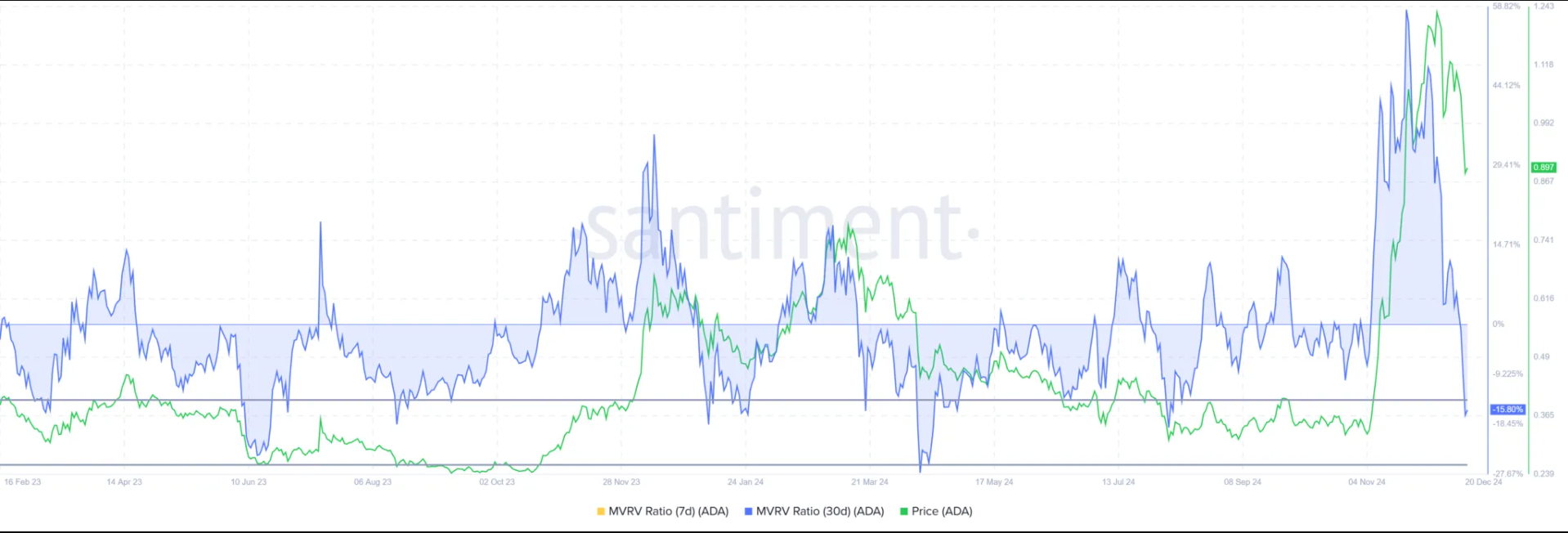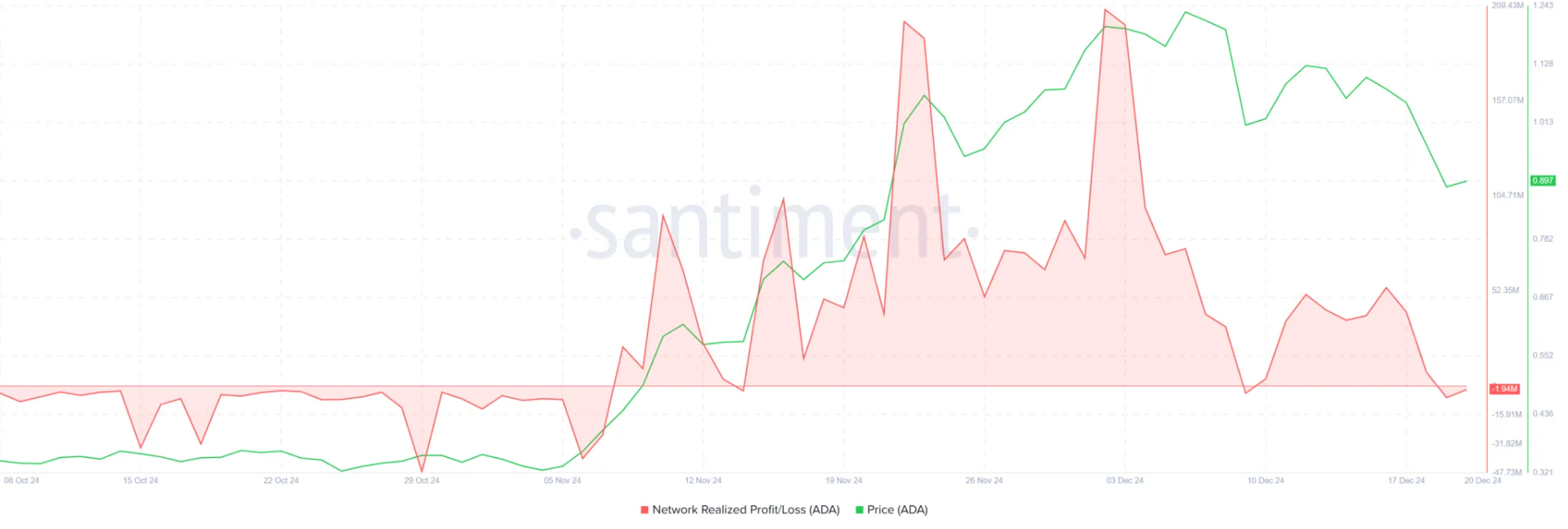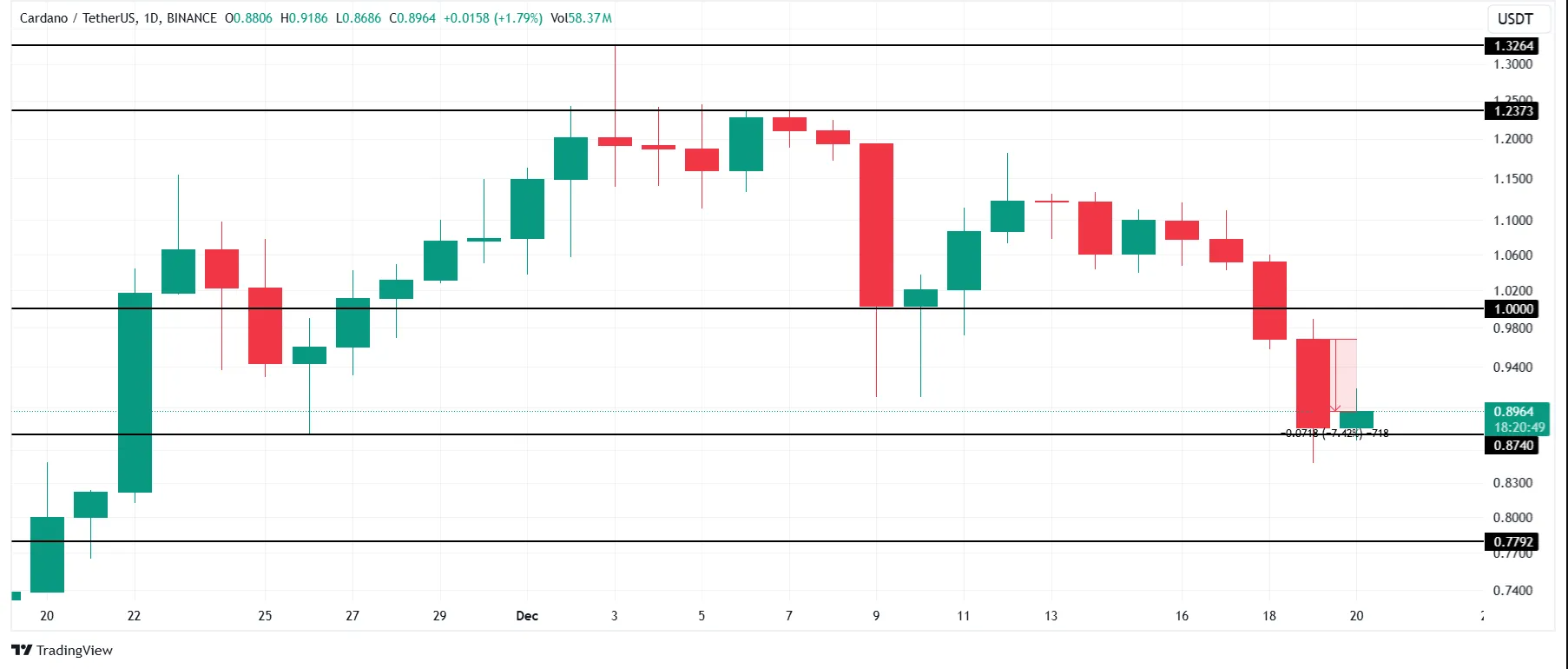The SEC authorized Hashdex and Franklin Templeton’s combined Bitcoin and Ethereum ETFs. This initiative increases institutional access to the two leading cryptocurrencies through spot-based investment instruments.
The Hashdex Nasdaq Crypto Index US ETF and the Franklin Templeton Crypto Index ETF have acquired regulatory approval, with the latter benefiting from an accelerated assessment.
Combined Bitcoin and Ethereum ETFs approved after consecutive delays
Franklin Templeton’s amended ETF registration, submitted earlier today, received speedier approval due to its compliance with established commodity-based trust rules.
According to the filing, the SEC accepted rule amendments sought by Nasdaq and Cboe BZX to improve the listing and trading of these funds.
This is the Hashdex Crypto Index ETF that just got approved by the SEC⬇️
At first it will only include BTC and ETH, but will expand to these other assets over time… INCLUDING XRP! 😎 https://t.co/0ScU2rMZj5 pic.twitter.com/1aV4fjkXTd
— Chad Steingraber (@ChadSteingraber) December 19, 2024
Hashdex first registered for an ETF in June, but the SEC delayed its decision twice, citing regulatory considerations. Analysts believe that anticipated leadership changes in Washington may have hastened recent approvals.
The spot bitcoin/ether combo ETFs have been approved by SEC (as predicted). Launch likely in January. They’re mkt cap weight so 80/20 btc/eth approx. Notable that Hashdex & Frankie are first. Good for them. https://t.co/o2ri3XpqZi
— Eric Balchunas (@EricBalchunas) December 20, 2024
Meanwhile, the approval of these ETFs comes with a turbulent era in cryptocurrency markets. As BeinCrypto has reported, more than $1 billion in cryptocurrency liquidations occurred during the last 24 hours.
Bitcoin’s price fell by more than 8% today, from $105,000 to less than $96,000.
Are Litecoin ETFs next?
Earlier this week, Bloomberg experts projected the approval of dual Bitcoin (BTC) and Ethereum (ETH) ETFs, which was quickly realized. According to their forecasts, the SEC will next authorize Litecoin (LTC) ETFs.
While there may not be much demand for LTC among institutional investors, it is a Bitcoin fork and a possible commodity under US rules.
Other popular assets, like as Solana and XRP ETFs, continue to face uncertainty. With Paul Atkins in charge, the SEC may take a more positive position regarding cryptocurrency ETFs. Recent events at the SEC indicate that a transition is already happening.
Yesterday, the Senate Banking Committee refused to re-nominate Commissioner Caroline Crenshaw. She has been an outspoken advocate of SEC Chairman Gary Gensler’s anti-crypto agenda. Crenshaw’s tenure will end in January, creating a gap in the agency’s leadership.
Cardano drops below $1: opportunity zone revisited after 4 months
Cardano’s (ADA) price has fallen over 7% in recent days. While this reduction reflects larger market forces, it also presents an opportunity for ADA holders.
The cryptocurrency’s present position suggests that a positive turnaround is possible, which has investors optimistic.
Cardano has a chance
Cardano’s 30-day Market Value to Realized Value (MVRV) ratio shows that investors who bought ADA in the previous month are losing an average of 15%. However, the downturn has pushed the MVRV ratio into the opportunity zone, with a range of -13% to -26%. Historically, this range has signaled a turning point in recoveries.
This is the first time in four months that ADA’s MVRV ratio has fallen into this key range, indicating a possible bottom. Previous instances of the indicator hitting this zone have resulted in strong price rebounds. As ADA reaches this period, investors are looking for evidence of increasing momentum.

The realized profits indicator for Cardano presently shows no noteworthy increases, indicating that investors are holding back on profit-taking. This conduct is critical because it reduces market volatility and removes the immediate risk of abrupt declines caused by excessive selling activity.
With profit-taking reduced, the market has the potential to stabilize, giving investors more opportunity to acquire ADA. This period of low volatility solidifies the groundwork for a possible price rise. A persistent lack of profit surges may pave the way for sustainable upward momentum in the short future.

ADA price prediction: looking for recovery
Cardano (ADA) is currently trading at $0.89, just above its important support level of $0.87, following a 7% drop in the last 24 hours. The cryptocurrency’s ability to remain above this level is critical for maintaining optimistic mood in the short run.
If the optimistic indications translate into a rebound, ADA may retake the $1.00 threshold, which it just dropped below. Turning this resistance into support would reflect Cardano’s regained strength, allowing for a further price rebound to $1.23 and attracting fresh investor interest.

However, failing to maintain above $0.87 might result in a further fall. A breach of this level would most likely send ADA down to $0.77, discrediting the bullish argument and maybe ushering in a negative period.
DOGE and USUAL partnership false, Vivek Ramaswamy account hacked
Vivek Ramaswamy’s X account was hijacked by cybercriminals advertising a DOGE-USUAL stablecoin alliance to alleviate fiscal deficit difficulties.
Elon Musk’s Department of Government Efficiency (DOGE) has revealed intentions to partner with stablecoin issuer USUAL, according to a post by Vivek Ramaswamy, who co-leads the DOGE division alongside Musk. However, minutes later, the post was erased because Ramaswamy’s X account had been hacked.
Is DOGE actually partnering with USUAL stablecoin?
Vivek Ramaswamy’s official X account has reported that the Department of Government Efficiency (DOGE) has announced a strategic engagement with $USUAL, a well-known producer of fiat-backed Real World Asset (RWA) stablecoins.
The post also suggested that the alliance will use crypto projects to help the Donald Trump administration reduce the federal fiscal deficit. It further stated that the alliance intends to increase the efficiency of government transactions while encouraging budgetary restraint.
According to Ramaswamy, this cooperation is a significant step toward realizing the promise of digital currencies to promote long-term economic growth, stability, and financial inclusion.

However, Vivek Ramaswamy’s X account has been hacked, proving that this relationship is completely bogus. His team took fast action and erased the post. James Fishback, founder of Invest Azoria, stated that the information concerning the DOGE and USUAL collaboration is completely incorrect, and that the hackers were pushing a scam. He wrote:
“I just spoke with Vivek. He has been hacked. He is locked out of his account. This is a scam.”
In the past, prominent individuals’ X accounts were regular targets for propagating cryptocurrency frauds. Recently, the market was also buzzing with the meme coin fraud involving the Hawk Tuah girl.
Elon Musk has big plans with the department
Elon Musk has been actively working on DOGE’s future plans, with the objective of decreasing federal government spending. According to the Department of Government Efficiency, “80% of the federal government’s annual $100 billion IT budget is spent on maintaining outdated systems”. Mush said, “Time to clean up this humongous mess.”
Furthermore, the tech tycoon claimed that DOGE may stop US inflation. Tesla CEO Elon Musk argued that “government overspending” is the primary cause of inflationary pressures in the country. He went on to say that “if government waste is stopped, there will be no inflation”.


